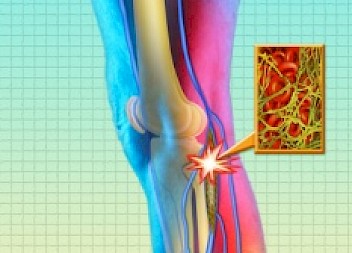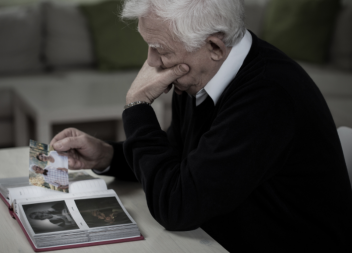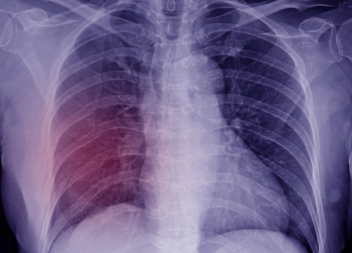Here is a summary of the most recent successful vulval cancer compensation claim that was run by our Director, Caroline Moore
A Five-figure Sum to the Widower of an 89-year-old Lady Who Dies After a Gp Failed to Refer Her for Investigation of Suspected Vulval Cancer
A five-figure sum was paid to the widower of Mrs W after her GP repeatedly failed to provide reasonable care to her over a period of a few years resulting in a her very painful death from cancer of the vulva aged 84.
This was a sad case as Mrs W was her husband’s carer (despite suffering from her own general health complaints) and she was a much-loved mother and grandmother. He has severe respiratory issues and was reliant on his wife for daily care and attention. She saw to all of his care, meals and the housework before she became ill.
Mrs W went to see her GP between March 2010 and March 2013 with symptoms of vulval irritation and soreness but was never examined by him. This resulted in her cancer of the vulva being diagnosed at a late stage when it was not possible for there to be any curative treatment. She survived for a further 7 months before her death but experienced extreme pain and suffering in that period.
The GP was male and the Mrs W was elderly and could not hear very well. The first examination at the GP surgery was in December 2013, when Mrs W was seen by a female locum GP, by which time Mrs W had suffered for a long time and was distressed and concerned herself that she had developed cancer. By this time Mrs W had been in a significant amount of pain for some time.
The locum GP found an obvious abnormality of the vulva and was immediately very worried. She made a very urgent referral to the local hospital after which the diagnosis was quickly made. Mrs W had extensive changes to her vulva consistent with the common condition of lichen sclerosus (this condition is discussed in more detail below). The cancer was in the vulva but also involved skin near the anus.
An independent GP expert was asked to look at the care provided by the GP and expressed the view that there had been gross negligence, that there should have been examination and there should have been referral to the local hospital for further investigation.
An Oncology (cancer) expert was of the view that with appropriate follow-up and monitoring, a tumour should have been clinically seen at least 6 months prior to the actual diagnosis in December 2013. Mrs W should then have had biopsy and further investigation. The tumour would have been very small at that stage and there would only have been a 10 – 20% risk of lymph nodes being involved, so it was probably the case that the cancer could have been cured if appropriately detected and treated at that earlier time.
At the time of the claim the GP had ceased practising, or rather been taken off the register, and it was known that there had been at least one other complaint about a patient death concerning this GP.














